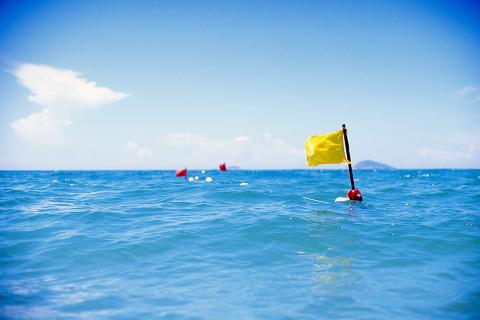Almost 3 million readers turned to The Interpreter over the year – an audience that increasingly reaches far beyond Australia. In 2022, roughly four out of every five Interpreter readers were from North America, Southeast Asia, Europe or India. Russia’s invasion of Ukraine, the Solomon Islands security deal with China, the foreign policy consequences of a change of government in Australia, as well as the Malaysian and Philippines elections all sparked significant engagement. Befitting a tumultuous year, looking back shows assessments featured a mix of prescience and surprise.
Here’s a countdown of articles published in 2022 that drew the most eyeballs across the year.
Watch for more highlights to appear on the page over the Christmas-New Year period, with normal publishing to resume from 9 January.
All the best for the season! – Eds
Interpreter’s Top 10 of 2022
10. India and Russia: friends for a reason, friends for a season – Aarti Betigeri
India is meant to be an ally (small a) in the quest to ensure a rules-based order in the Indo-Pacific. How can it be legitimately considered one, given it is helping prop up the economy of a murderous regime?
9. Azerbaijan watches closely the Russian invasion of Ukraine – Nikola Mikovic
Given Azerbaijan’s strategic partnership with Russia, and good relations with Ukraine – not to mention its significant gas reserves – Baku is in a prime position to benefit from the looming energy crisis presented by the region’s unrest.
8. If Russia breaks the nuclear taboo – Robert Ayson
Can it be assumed that the United States would have the same response plan regardless of whether Russia decides to attack Ukraine with a very small number of its lowest yield nuclear weapons or launches a major long-range nuclear attack on one or more NATO countries?
7. France can help Albanese fix AUKUS – Alan Kuperman
Prime Minister Anthony Albanese felt compelled last September to endorse his predecessor’s AUKUS deal to acquire an expected eight nuclear-powered attack submarines, assisted by the United States and United Kingdom. However, he also knows that buying submarines fuelled with tonnes of highly enriched uranium – enough for hundreds of nuclear weapons – would wreck the non-proliferation regime that his party has long supported.
6. Buying the wrong submarine – Peter Layton
Sinking warships in the South China Sea may send a future Chinese navy back to port or induce them to operate elsewhere. In a major war, this would be highly desirable, although it’s hard to see this in itself as war winning. The war would continue.
5. 2022 is not 2014: What holds back Russia from Ukraine – Alexey Muraviev
A military success on the ground may turn out to be a loss in the longer-term. Eight years of confrontation has transformed Ukrainian attitudes towards their eastern neighbour. The Russians are likely to encounter cool reception from locals with the majority considering Russia to be hostile.
4. Damage limitation and US nuclear strategy – Victor Abramowicz
The recent recommitment of world leaders to the notion that nuclear war cannot be won and must never be fought provides a small but welcome step on the path to maintaining the uneasy peace.
3. Is Vladimir Putin sick? – Mateo Szlapek-Sewillo
The Kremlin’s strategic blunders are much better explained by the fact that Putin has built a regime where frank and fearless advice is a career-limiting move, and toadies get ahead.
2. Anwar’s victory not the only Malaysian shockwave – Amy Chew
Anwar Ibrahim’s ascent to the PM’s job after a career of extraordinary setbacks has gathered most attention internationally but the success of Malaysia’s fundamentalist Parti Islam Se-Malaysia is a victory decades in the making.
1. Philippine elections and the politics behind it – Andrea Chloe Wong
The deeply-rooted patronage system in the Philippines bolsters money politics, especially during elections.
